Expert: Change your breathing patterns for a longer, healthier life
ST. FRANCIS, Wis. - The lake flies that swarm around Chris Stolarski and his wife Erica as they walk along Lake Michigan are annoying and a tad disgusting. But they can’t stop him from getting his steps in. He needs these daily strolls.
Stolarski, a long-time Marquette University employee, caught the COVID-19 virus in November 2020 despite working from home and taking every precaution all Americans were asked to take to prevent the bug from spreading. He was recuperating at home when his blood oxygen level (the amount of oxygen circulating in his body) crashed to dangerous levels. A few hours later, he found himself in the ICU of St. Luke’s Medical Center in Milwaukee. It’s where he would stay for 19 days.
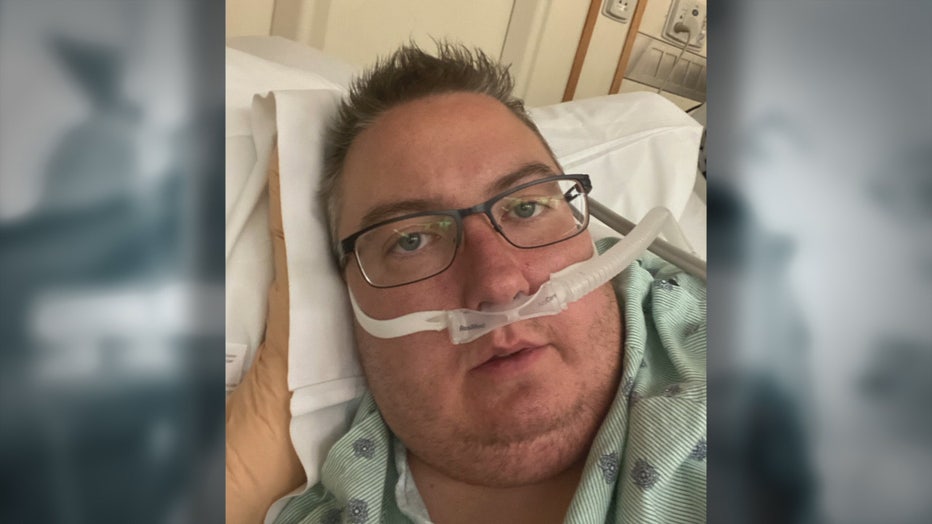
Chris Stolarski
Stolarski's medical team was puzzled. Stolarski has no preexisting condition that could contribute to such a long stay. He was isolated, worried and frustrated at his lack of progress. There weren’t a lot of assurances, it was just navigating the unknown constantly. The best piece of advice came from his favorite nurse who had the same tip every time she left the room: "Just keep breathing". What choice did he have?
The happy update is that Stolarski is doing very well. He’s doing what he can to spread the word about how serious COVID-19 still is and has been active in helping people get vaccinated against the virus. He’s also certain he’ll never ignore his breath ever again.
"I’m very conscious of my breath and I never thought about it ever," Stolarski said.
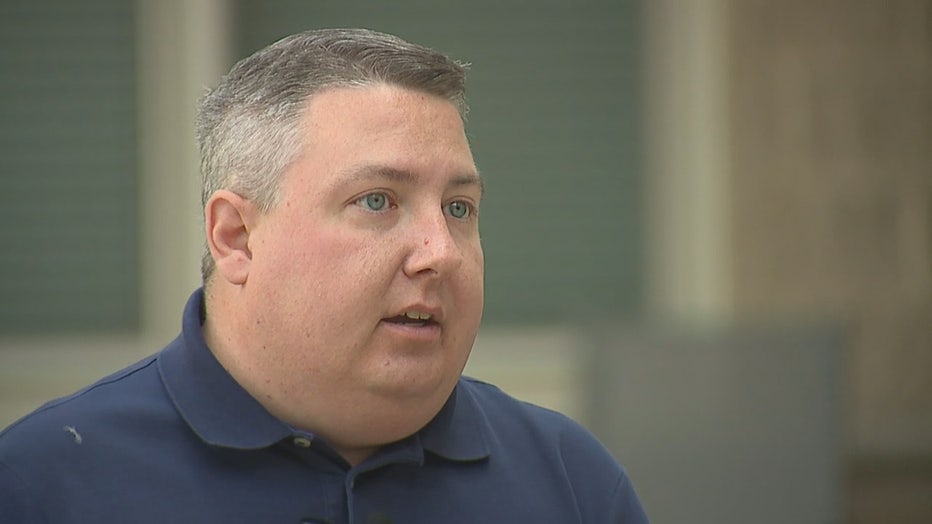
Chris Stolarski
What Stolarski most learned about this breath is that it really has to come through the nose to be beneficial – and he has to slow down his exhale and let each breath work efficiently for him.
Stolarski credits the book "Breath: The New Science of a Lost Art" with helping him change his breathing patterns. The book came out just weeks after COVID-19 hit the United States in 2020. But you won’t find the words "COVID" or "coronavirus" anywhere on the pages. Author James Nestor finished the book long before the world changed due to the pandemic. The fact that it happened to come out as people were learning more about the importance of breath was just a fortunate coincidence. The book quickly became a New York Times bestseller.
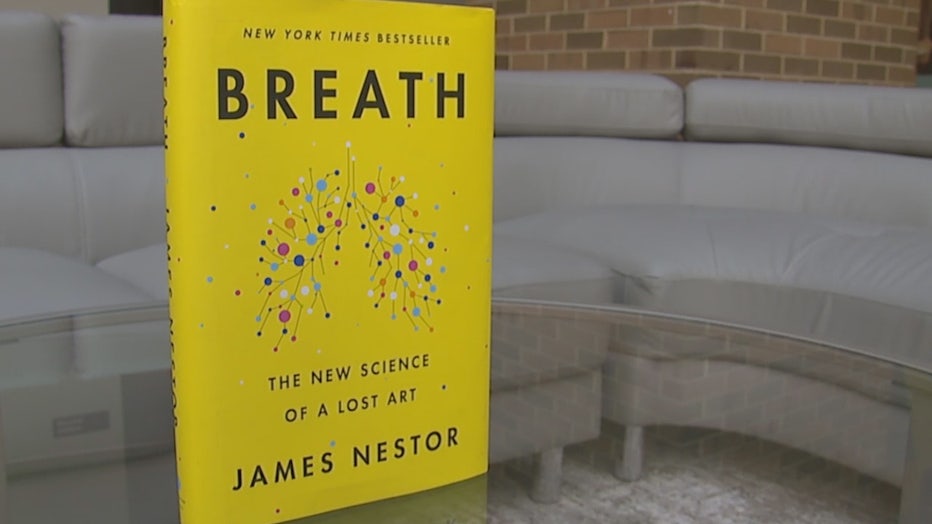
Nestor, a journalist, spent the better part of a decade researching the rise in poor breathing habits in modern day society. His book draws two major conclusions: many of us are breathing wrong and we’re doing too much of it.
"Literally 50% of the population is breathing thought our mouths and this is causing so many problems in society right now," Nestor said in a recent interview. "It shouldn’t be too much of a leap of logic considering we get most of our energy from our breath. And if we’re doing it improperly, if we’re doing anything improperly 25,000 times a day (the average amount of breaths we take), our bodies are going to break down."
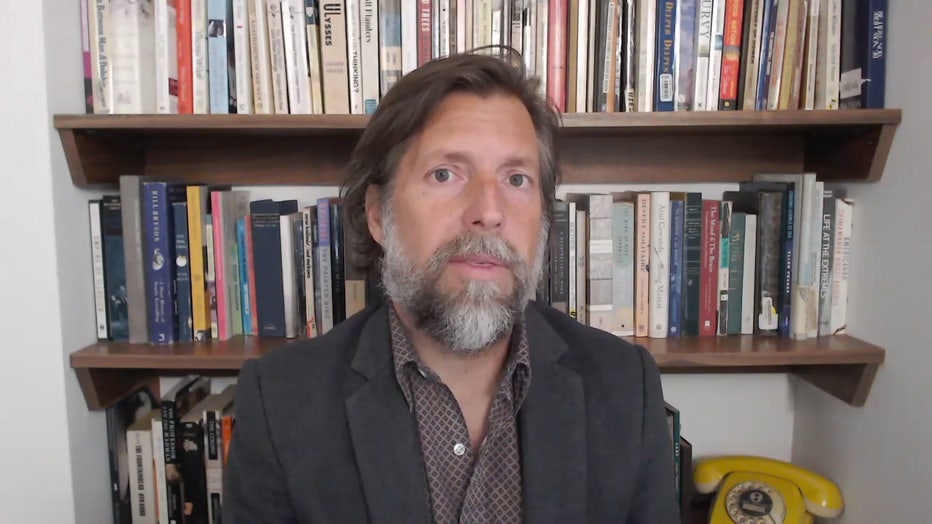
James Nestor
The importance of taking a breath in through the nose has been well-documented. Nestor breaks it down as simply as possible.
"When you’re breathing through the nose, you’re pressuring air, moisturizing it, and heating it so by the time that air gets to your lungs, your lungs can much better absorb the oxygen," Nestor said.
Kathleen Lukaszewicz is a professor of physical therapy at Marquette University. She’s studied the negative effects improper breathing can have on one’s long-term health. Mouth breathing can lead to a myriad of health problems from bad breath to depression to physical body pain.
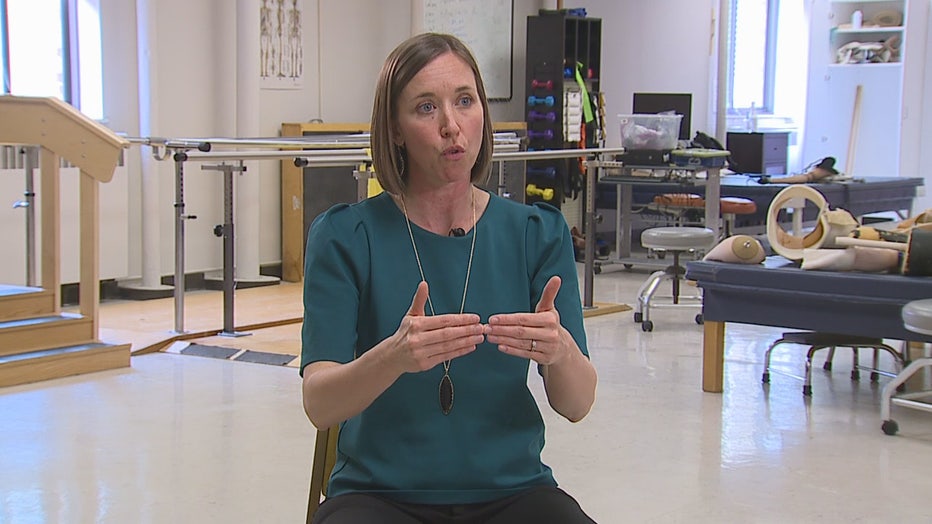
Kathleen Lukaszewicz
"I think it (proper breathing) gets ignored because we don’t deal with it until you’re really sick. We don’t treat people until it leads to a full-blown disease," Lukaszewicz said.
Lukaszewicz has a simple test you can do to tell if you’re getting the rich, full breath you need. Place one hand on your chest, the other on your stomach. Take a slow, deep breath (THROUGH YOUR NOSE!!) and feel that hand on your stomach rise. If it doesn’t, you’re likely not getting the air as deeply in your system as you should.
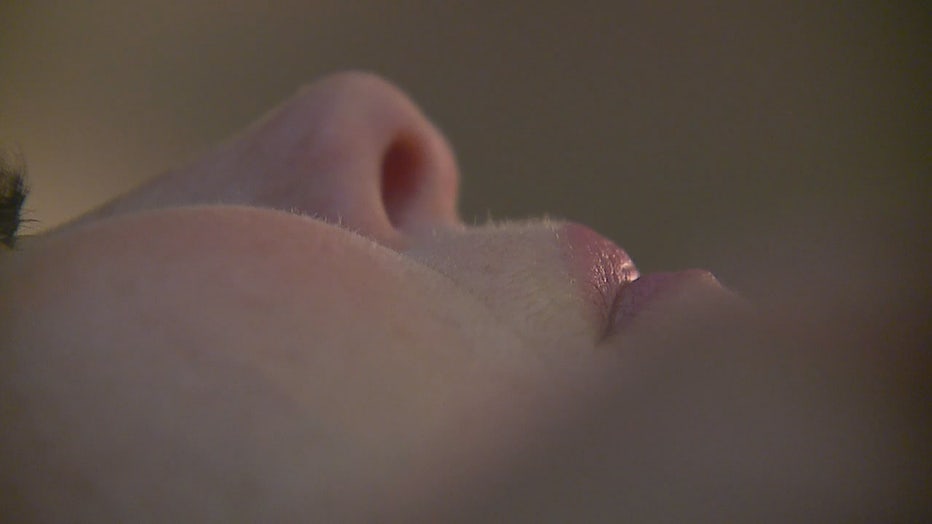
While you practice that, you can also practice the second piece of advice from Nestor’s book -- slow down your exhale. There are ongoing debates about whether or not the exhale has to go through the nose or mouth. The important thing, is that you try to exhale slowly.
"Breath" is full of stories about people who’ve improved their health and productivity by changing their breathing habits. It’s a fascinating read.
FREE DOWNLOAD: Get breaking news alerts in the FOX6 News app for iOS or Android
To begin your process of better health through breath, Nestor offers this bit of advice…
"Just do what all other mammals do. Do what our ancestors did for millions of years. Close your mouth, breathe through your nose and breath slowly and you’ll get so many benefits," Nestor said.

